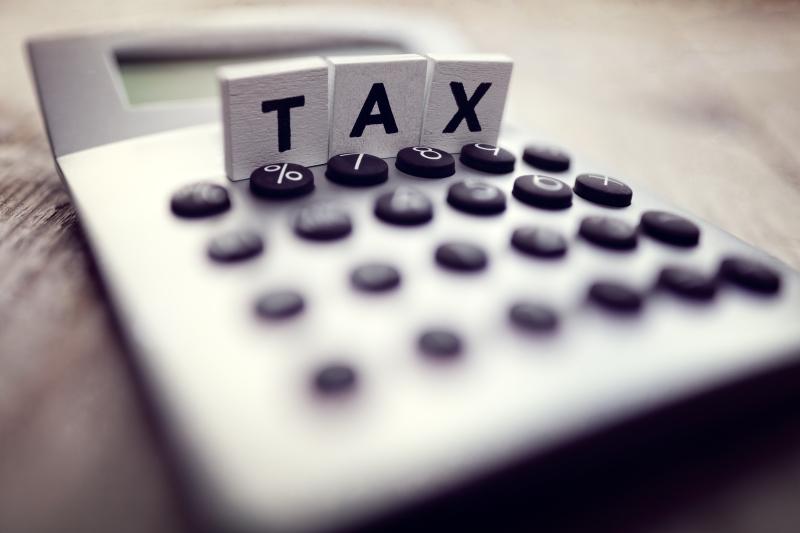

The Malaysian government no longer implements the goods and services tax; rather, the new tax system in place is known as the sales and service tax in Malaysia. Goods and service tax was implemented for a few years between 2015 and 2018, but since 2018, the sales and service tax has replaced it. GST was found to increase the cost of living for the average Malaysian; hence, its abolishment. Sales and service tax in Malaysia, on the other hand, reduce the cost of living.
What is Sales and Service Tax in Malaysia?
There are two components to the sales and service tax: Sales Tax and Service Tax. And here is what they mean:
Sales Tax in Malaysia
Sales tax refers to a single-stage tax that is levied on all taxable goods that are either manufactured locally or imported into the country. The only criteria that matter is that the goods are sold locally and the local manufacturers are registered. There are two rates associated with sales tax, depending on the goods in question. Generally, sales tax in Malaysia ranges between 5% and 10%, depending on the nature of the goods concerned.
Services Tax in Malaysia
The service tax is a consumption tax that applies to all taxable services provided by service providers that are registered in Malaysia. The service tax rate is constant for all services except those exempted from payment. Services being imported or exported fall into the exemption category while all other services attract a 6% services tax.
The Benefits of Sales and Services Tax in Malaysia
Sales and service tax comes with many benefits that make it the ideal replacement for the goods and service tax system and these include:
- SST is a relatively simple system to understand
- There are fewer refund issues with SST
- Lets consumers be in control of what they pay as tax
The Disadvantage of Sales and Services Tax in Malaysia
It may be a great system, but there are still a few issues that are associated with SST. The most obvious disadvantage here is that the tax is based on sales and it comes at a cost to the business.
Which Businesses Must Apply for Sales and Services Tax Registration in Malaysia?
In addition to providing taxable goods and services, your business will still need to meet further criteria before you are eligible for sales and services tax. The added criteria you are required to meet is to have met a sales target of RM 500,000 over a year, either from goods or services. Once you meet both criteria, then registration for the sales and service tax is mandatory for your business.
For service tax, the sales target may vary depending on the kind of service that your business provides. In some cases, there is no specific target before you are to register for the sales and service tax. As long as you provide service to the people, then you are required to register. Services that fall into this category include Certified custom Agents Credit card issuers and Credit card services.
In other instances, the sales target needs to meet before qualifying for the sales and service tax. The target for such business is as high as RM 1,500,000. The services that fall into this category include: All food and drink providing services, whether it is eat-in service or take away service.
How To Register for Sales and Services Tax in Malaysia?
Once your business qualifies for registration of sales and service tax, you will need to get registered with the appropriate body. MySST is the appropriate body for this and registration is done on their website. Once your company qualifies for the sales and service tax, you have till the last day of the following month to register your company. To put this into context, let’s look at a hypothetical scenario:
Your business meets the RM 500,000 or 1,500,000 target over a year on October the 26th. You will therefore have till the 30th of November in the same year, to register your business for the sales and service tax. If on the other hand, your business is exempted from the sales and service tax, you will still need an exemption permit and can apply for one on the MySST website.
Are Foreign Companies Required To Register for Sales and Services Tax?
To qualify for the sales and service tax, your company would need to have an office in Malaysia. If as a foreign company, you don’t have a base of operations in Malaysia, then you are exempted from goods and services tax. You also cannot choose to register for the goods and services tax voluntarily, you need to qualify for it. Therefore, a foreign company will need to have a permanent office in Malaysia and meet the other criteria to qualify for goods and services tax.
Penalty for Defaulting SST
Sales and service tax defaulters will face penalties, depending on their offenses. Here are some popular sales and services tax offenses in Malaysia and their penalties:
- For failure to file your SST returns or failure to make an SST payment, you can be faced with a jail term of up to three years or asked to pay a fine of up to RM 50,000. In some cases, however, you may be asked to pay a fine and also serve a jail sentence.
- For late payment, in the first month of missing a payment, an additional 10% is added to the SST. By the second month, the penalty rises to 25% and if it gets into the third month, then there is a 40% extra fee on the SST.
- For tax evasion, there are different penalties, depending on the number of offenses. For first-time offenders, the penalty ranges between 10x – 20x the SST due. You can also face a jail term of up to five years or a combination of both. Second-time offenders, on the other hand, will pay between 20x – 40x the SST due and up to seven years in jail, or both.
Sales and Services Tax Consulting in Malaysia
At Premia TNC, we offer consulting services on sales and services tax in Malaysia. Our services also include company registration, incorporation, and accounting services. You can reach out to us so that we can help you determine if and when your company will become eligible for sales and services tax registration. This way, you can avoid all penalties that may arise from not registering your business for both taxes.
























